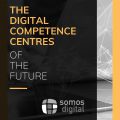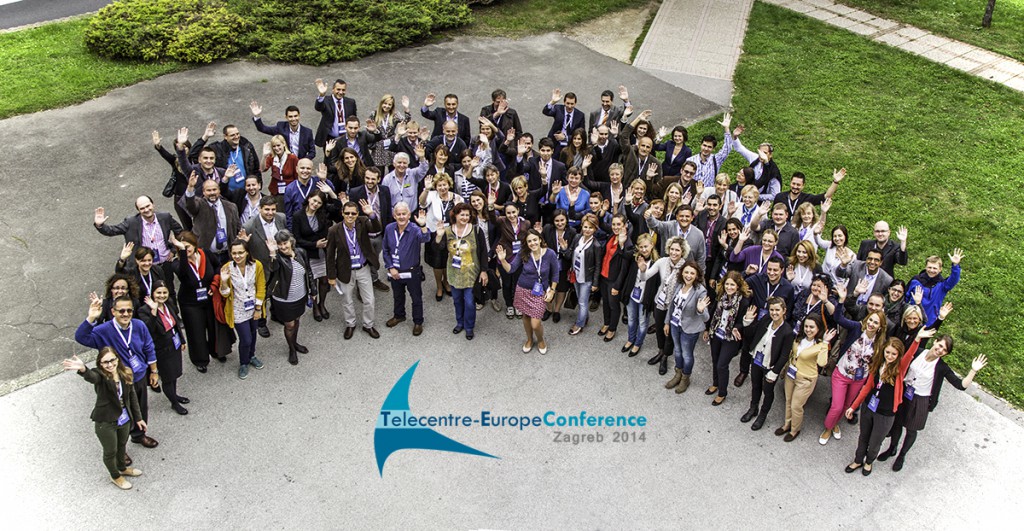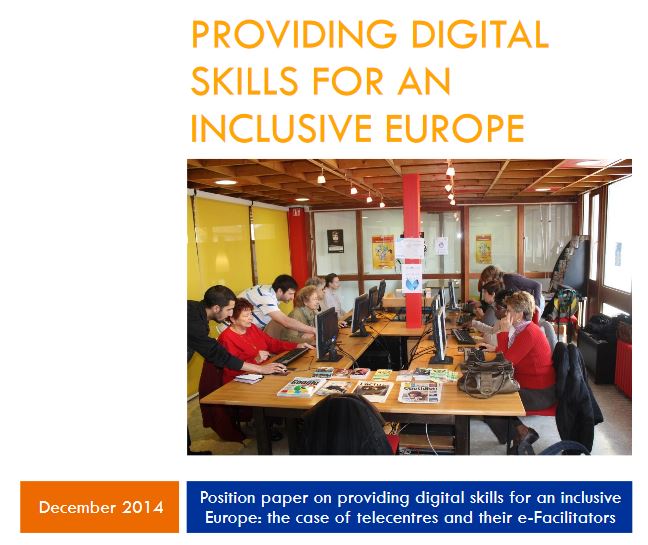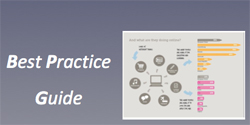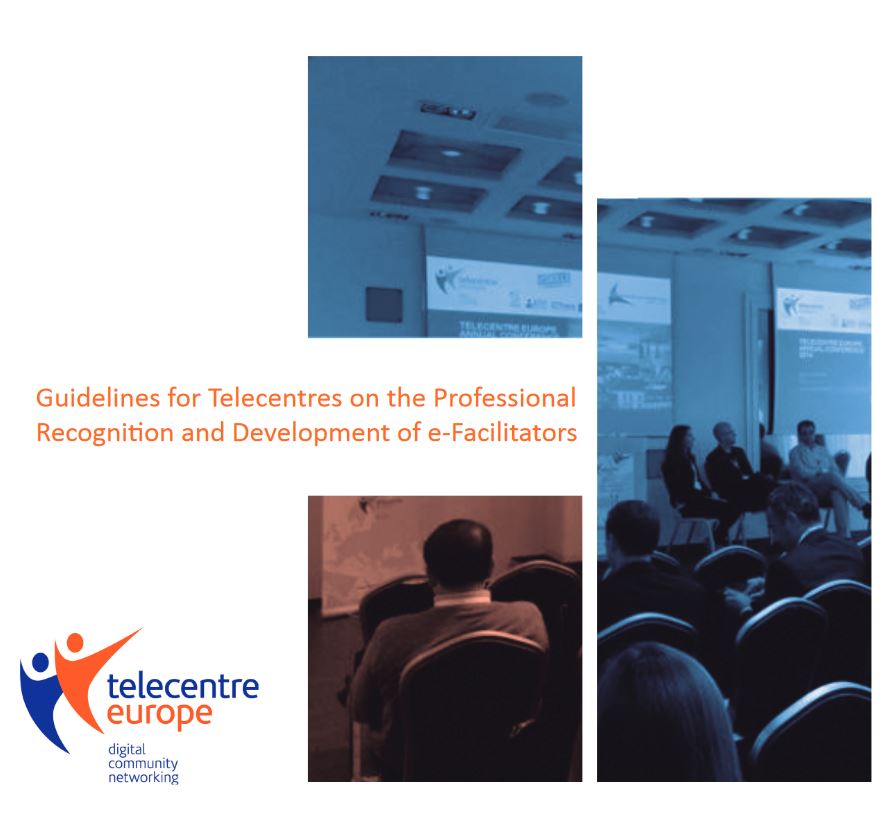
05 Mar Guidelines for Telecentres on the Professional Recognition and Development of e-Facilitators
05 Mar, 2015
Digital skills are becoming increasingly important. The ability to deal with digital media is essential for social participation. Since many people still are not online yet or have difficulties dealing with the digital world, the people who provide accessibility to the internet and try to make the digital media more understandable and available are key. For these facilitators of the internet, or e-Facilitators, there is however a great need for professional recognition in the various EU countries and continous development.e-Facilitators in Europe work in telecentres, ICT training centres, NGOs, libraries and municipalities.These guidelines make an overview of the projects for developing training materials and capacity building of e-Facilitators implemented so far with the participation of our members. They also include a part on advocating for the professionalisation of the profile at national level, providing an overview of possible professionalization paths and tips on how to design advocacy strategy.
The guidelines have been designed in order to allow users to adapt them to their local context, for instance in defining the recognition path by choosing between VET and higher education.


